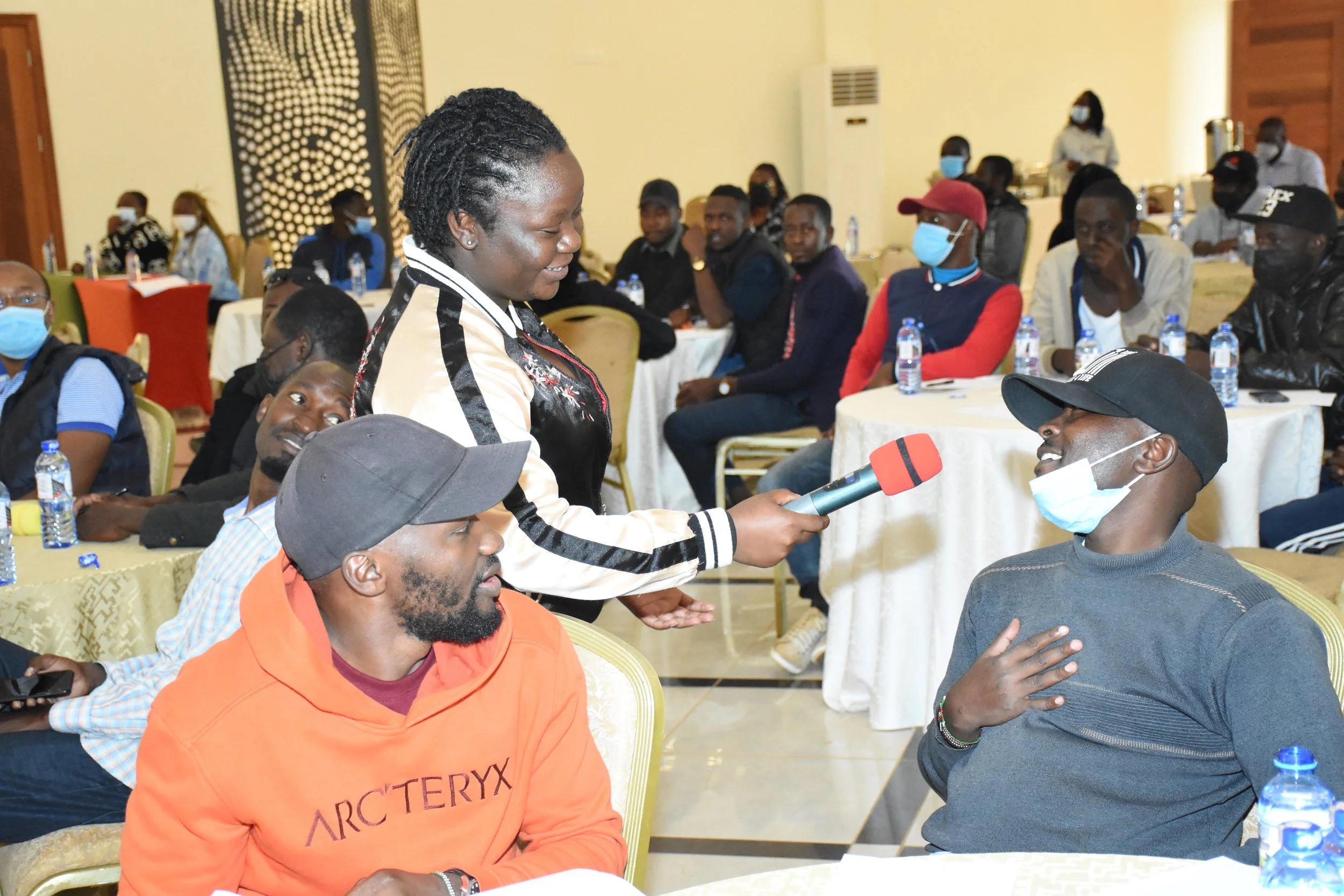The Youth Café trains the youth on civic education driven by result-oriented, evidence-based performance, which informs Our Theory of Change: A Pathway for Action, Sustainability, Results, Learning, and Adoption. These changes include institutional changes, service systems, community norms, partnerships, public will, policies, regulations, service practices, business practices, and issue visibility.
The Youth Café At The Voluntary National Review-Voluntary Local Review Workshop.
Voluntary National Review is a strategy based on the 2030 Agenda: Member states to "conduct regular and inclusive reviews of progress at the national and sub-national levels, which are country-led and country-driven. Like the 2030 Agenda of participation, The Youth Café strives for global connection, has reached over 72 countries, and is a local and national rope for achieving goals. The Youth Cafés principles are a call to action for governments, civil societies, private and public sectors, bi- and multilateral, and knowledge institutions. To invest in mutual prospects and work in partnership for sustainable development.
Kenyan Coastal Community Defeats Lead Polluter In Court
It was touted locally as one of the biggest campaigns of the decade when, in 2016, Kenyan environmentalist Phyllis Omido took up the fight against lead poisoning by a lead-acid batteries recycling smelter in Owino Uhuru slum, in the coastal city Mombasa. Ms. Omido, who led a campaign to close the smelting factory in 2014, worked through CJGEA to bring the case to court in 2016, seeking compensation and justice for those affected by the lead poisoning in the Owino Uhuru slum after several failed attempts to negotiate and settle with the government and other entities involved.




